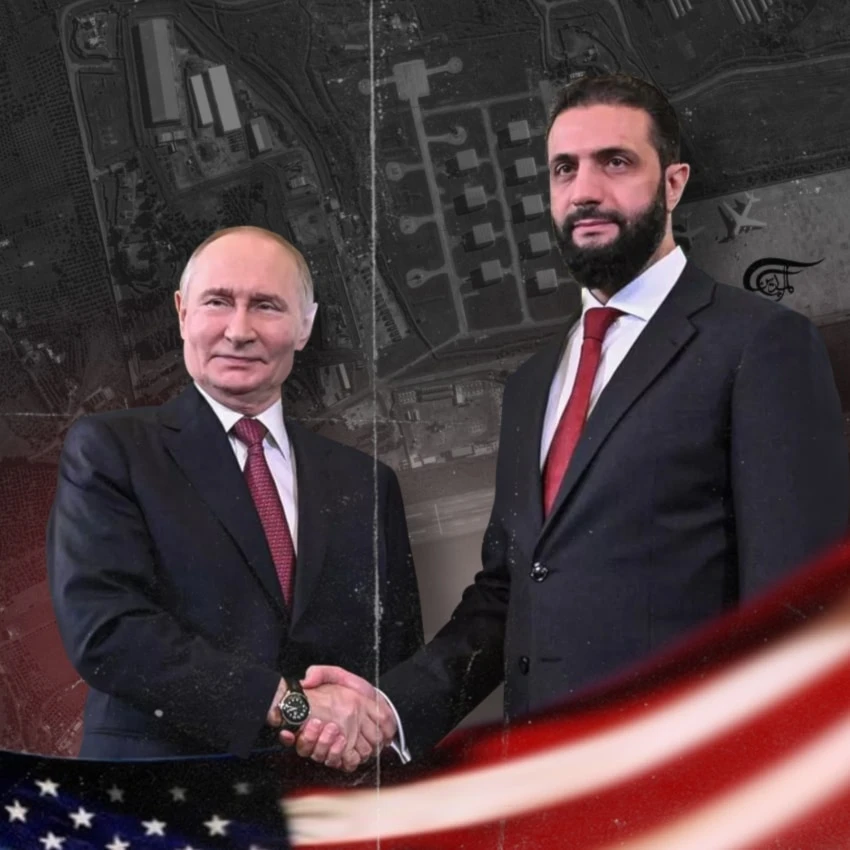What is next for BRICS?
BRICS seems to be developing in the right direction, reflecting the capacity for not only financial coordination in a world of evolving challenges, but also a novel worldview for a new, growing alliance.
-

On Ukraine, BRICS should also be commended for its highly-internationalized focus on pressing peace and security developments, and its take on conflicts
As South Africa prepares for its chairmanship of the BRICS grouping – comprised of Brazil, Russia, India, China and South Africa – the alliance is also facing renewed prospects of expansion. The need to steer clear of key constraints, such as a smaller role for the developing world and Western dominance in the financial system, has rendered the grouping an attractive one for broad-based sustainable development cooperation. Strong growth potential within the alliance, firm recognition of shared developmental challenges, and growing opposition to ideological cliques suggests BRICS can deliver valuable gains for aspiring nations – from the Middle East to Latin America.
BRICS’s promise for the developing world was evident back in June. Chinese President Xi Jinping hosted the 14th BRICS Summit virtually in Beijing that month, under the theme of “Foster High-quality BRICS Partnership, Usher in a New Era for Global Development.” Leaders from the five core countries adopted the Beijing Declaration, which put a premium on strengthening global governance, promoting economic recovery and safeguarding global peace.
These priorities can give the developing world a larger role with the passage of time. “BRICS countries gather not in a closed club or an exclusive circle, but a big family of mutual support and a partnership for win-win cooperation,” said the Chinese President in his remarks at the Summit. BRICS’s shared focus on inclusive instruments of global governance, and pathways to strengthen macro-economic policy coordination are all welcome signs to address impediments to global development. Western dominance over the financial system risks wiping out the developing world’s hard-won gains in the future. A change in course is necessary.
On global governance, presenting a united front against unilateral sanctions and putting equality and justice back into multilateral practice can benefit BRICS's outreach to developing and least developed economies. After all, their stakes in decision-making processes are key to rendering multilateral organizations continually “credible” and “solution-oriented.” BRICS’s past sensitivity to such meaningful participation reflects in its commitment to upholding the “norms and principles of international law.” These should constitute the core of practical cooperation in the world.
A sixfold consensus on multilateral reforms has also come through. It stretches from capacity building of states to affordable public goods access, effectively testifying to the group’s long-lasting commitment on global governance reforms. The appeal to the security of all states (and not some) is represented by the alliance’s calls to broaden “the participation of emerging markets” in the economic norm-setting process. This sense of inclusivity is a marked departure from confining major global development considerations to exclusive clubs, such as those brought forward by the West. BRICS aspirants have good reason to contemplate future participation.
Interestingly, among the many strengths of BRICS is that it helps protect developing country rights and global trade rules from the perils of political ideology. As the alliance has signaled, its stance gives concrete shape to what equality and meaningful participation should mean, even in core international organizations. That includes the World Trade Organization (WTO). For instance, BRICS’s emphasis on a restored dispute settlement mechanism, and calls to reject unilateral and protectionist measures from member states, remain in line with supporting the “fundamental freedoms” for all in the international community.
Similarly, it is a fact that a resilient economic recovery as advocated by the grouping stands to benefit from macro-policy coordination. Such coordination is conducive to positive trade and investment inflows for economies in the South. BRICS’ priority focus on narrowing the North-South development gap, and advancing fair competition rules to support equal gains sends a powerful message on the group’s long-term view of trade and economic integration. Unlike the G7, the benefits of such integration are not confined to a group of privileged economies.
On Ukraine, BRICS should also be commended for its highly-internationalized focus on pressing peace and security developments, and its take on conflicts. Consider Ukraine: a collective BRICS voice on supporting humanitarian assistance emerged in line with the UN General Assembly resolution 46/182. There is no ideological baggage affecting support for vital Russia-Ukraine peace talks either. Similarly, from stability in Afghanistan to the Iran nuclear deal, the centrality of UN Security Council resolutions featured prominently in the Beijing Declaration. This stands in stark contrast to the “unilateral dominance” sought by some states at the expense of others, which is a recipe for bloc-based confrontation, military alliance-building and turbulence, at a time when BRICS stands resolutely committed to the sovereignty and territorial integrity “of all states.”
From a soft-power view, the establishment of the “BRICS Think Tank Network for Finance” is a step in the right direction for other group aspirants, because it reflects capacity for valuable financial coordination in the face of evolving global challenges. Similarly, renewed support for the BRICS Partnership on New Industrial Revolution (PartNIR) indicates fresh prospects for industrial competencies and their integration. Focus on sustainable integration not only narrows the development and progress divides between partner states, but can easily exemplify BRICS’ successful application of market-driven principles to a world in need.
As a result, a world tethered to the West’s sense of political and financial dominance is staring at more divisions and less harmony. Its future is neither inclusive nor promising, while BRICS positions itself in a different light.

 Hannan Hussain
Hannan Hussain
 5 Min Read
5 Min Read











